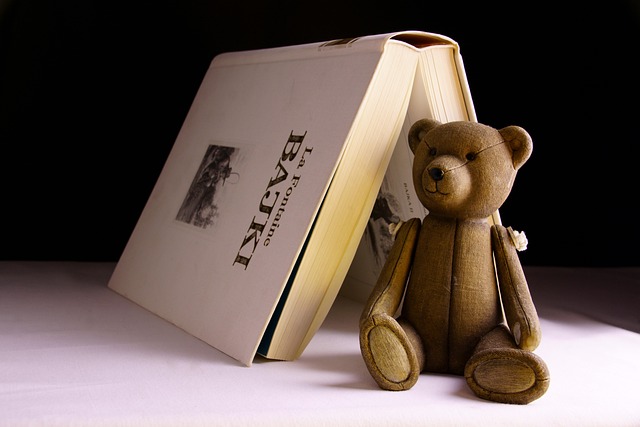Article Title:'Oliver Twist': The narrator's tale (Dickens)
Abstract:
This article uses a close textual analysis of Dickens' novel Oliver Twist to argue two key points: first, that the narrator of the novel is not so much an instrument in and for the novel--as has been argued by other critics--but that the novel is a tool or instrument for him: that the novel is constituted by the self-reflexive narrating of how narration works, and what the narrator is. The further implications of this argument for concepts of language and innocence and knowledge, the idea of the author, and the reading of class in the novel are developed. Second, the role of 'childhood' in the novel is analysed in relation to a discussion of critical methodology: 'childhood' as a historical and ideological construction, rather than the consistent 'biological' or 'psychological' 'reality' which many critics overtly or implicitly take it to be. The implications of this position are then developed (the differing kinds of 'children' in the text), and related to the first argument about the narrator and his position in relation to language, with Oliver functioning in the text as the 'good' child: speechless and innocent, as opposed to the omniscient narrator, 'infected' by, and possessor of, all languages of the novel. The article concludes that the ostensible hero Oliver Twist--so often absent from the plot, because asleep, missing or ill--is in no simple sense a 'subject' of his own story, but that instead it is the novel Oliver Twist, which is the 'subject', constituted by the narration and narrator.
Keywords: Oliver Twist; narrator; childhood; literary theory; speechlessness; language
DOI: 10.1080/09502360010013875
Source:TEXTUAL PRACTICE
Welcome to correct the error, please contact email: humanisticspider@gmail.com



